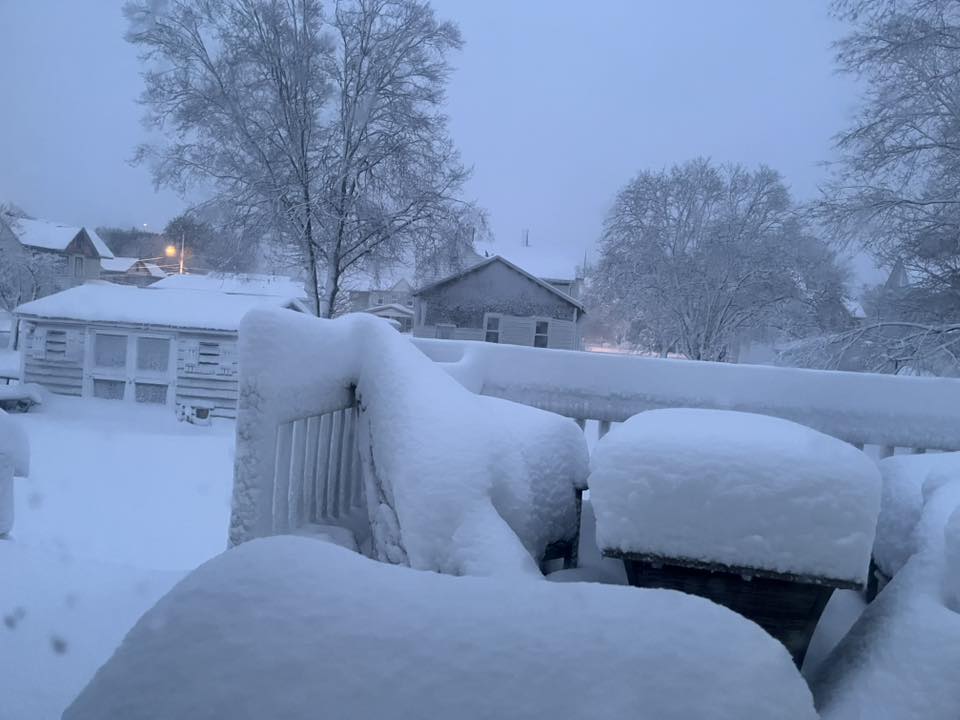Blood donations needed in the African- American community
DELMARVA – Whether you’re donating blood, platelets, or plasma, while an honorable thing to do, for many, it can be scary, and for some in the African American community for different reasons.
“We all bleed red” that’s a saying that has been in existence for decades, but now researchers have asked the question, do we all bleed the same? Henrietta Lacks, The Tuskegee Experiment, and more recently Covid-19. According to experts, all of these are examples that have made many people of color hesitant when it comes to donations a decision that could be mean the difference between life or death for someone who needs blood.
Current Need
Blood Bank of Delmarva’s Communication Specialist Tony Prado says the need for blood donations is at an all-time high, but in the Black community, donations are low. “There is scientific proof that when you can closely match the recipient with the donor in term of their ethnicity it leads to better outcomes. “African Americans are 23% – 30% of the Delmarva peninsula you know state of Delaware, Eastern shore Maryland, Virginia etc. and only 5.7% of our donors are African American, so there’s a disconnect there.”
Prado says partnering with Black Led organizations like Omega Psi Phi Fraternity have helped slowly bridge the gap, but there’s still mistrust. “Historically there’s been some mistrust in the African American community of the health care industry. That goes back to some of the things that happened with Tuskegee more recently, you can look at what happened with Covid 19, I look at mortality rates vs the general population.”
Historically Based-Fear
African Americans continue to be skeptical of medical professionals because of what some in the community endured in the past, and until things change, Delaware State University History Professor Donna Patterson says that fear will continue. She says many are a bit confused on what happened during the Tuskegee experiment, but it doesn’t change why Black people don’t trust medical professionals “These Black Men already had syphilis, what they did, was study them over a period of time to see what happened to their bodies, and this is how we know what happens to the body during different stages of syphilis if left untreated.”
Patterson says medical experimentation has aided in reproductive suppression, “We saw a lot of sterilization, forced sterilization, women going in saying their having appendectomy but they’re actually having their uterus removed potentially, having hysterectomies. We saw this a lot in North Carolina, Mississippi with Black women, and we also saw it with Hispanic women in California and Puerto Rico…Yes, there’s still medical distrust and we saw what happened with covid. I think in terms of who was infected with covid, because there were high rates of Black people, and other people of color who were infected, but also who died. Because, in most cases, Black and Brown folks died at a level that white folks didn’t die in this country.”
African American Donors
Experts say to combat diseases such as sickle cell, more African American and people of color must donate, like 66-year-old Bryan Davis who’s been donating for the past 15 years. “Some people are hesitant to get involved thinking that it can come in a negative manner to them… There’s a need that needs to be taken care of. A lot of it is fear, there’s nothing to fear about it. There may come a time when you need a donation, and somebody has to be there to help save your life…It makes me feel good [to donate], it makes me feel like I’m part of what I was put on this earth to do, to help people so, anything I can do to help, I will do.”
Experts say that while anyone can donate to an individual with sickle cell, in the long term it is more difficult for them to find a match that will cause them to have the least adverse effects, that’s why they have a better chance with matching with someone from their ethnic background. If you’re interested in donating, visit The Blood Bank of Delmarva’s website or stop by during business hours.


